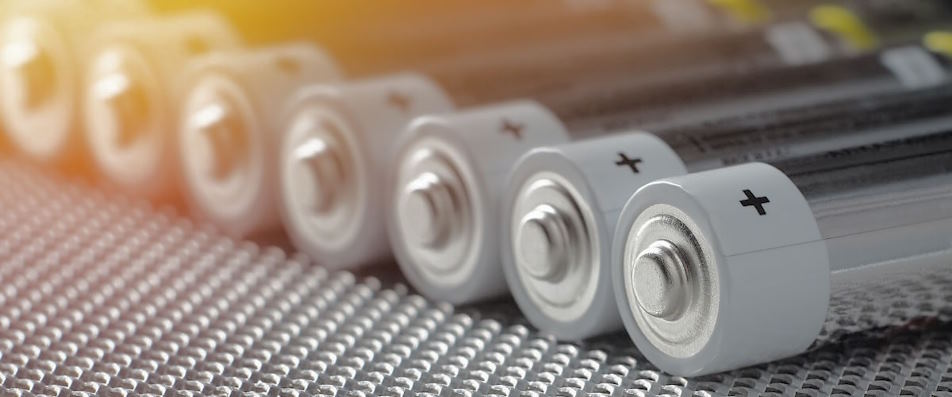In an era where energy efficiency and sustainability are at the forefront of our collective consciousness, the quest for more efficient battery technology takes center stage. Batteries play a critical role in powering our devices, vehicles, and even entire electrical grids. The efficiency of these batteries directly impacts energy conservation, reducing waste and optimizing power usage.
What does energy efficiency in batteries mean?
Energy efficiency in batteries refers to the ability of a battery to convert and deliver energy with minimal losses. It measures the ratio of usable energy output to the energy input during the charging and discharging process.
Efficiency is an important factor in batteries because it directly impacts their performance, lifespan, and sustainability. A more energy-efficient battery optimizes the utilization of stored energy and reduces waste, heat generation, and the need for frequent recharging.
Energy efficiency in batteries can be influenced by various factors, including the battery chemistry, materials used, design, manufacturing processes, temperature conditions, charge/discharge rates, and the presence of advanced battery management systems (BMS). Efforts to improve energy efficiency in batteries focus on reducing internal resistance, improving electrochemical reactions, enhancing energy storage capacity, and minimizing energy losses during the charging and discharging cycles.

So, what types of batteries are the most energy efficient?
When it comes to energy efficiency, several battery types have demonstrated high levels of performance. Here are some battery types that are known for their energy efficiency:
Lithium-ion Batteries
Lithium-ion (Li-ion) batteries are widely recognized for their energy efficiency. They offer high energy density, allowing for more stored energy relative to size and weight. Li-ion batteries also exhibit low self-discharge rates, meaning they retain stored energy for longer periods without significant losses. Their efficiency is further enhanced by electrode materials and cell design advancements, resulting in improved energy conversion and reduced internal resistance.
Solid-State Batteries
Solid-state batteries are an emerging technology that shows promise for exceptional energy efficiency. They replace traditional liquid electrolytes with solid materials, resulting in higher energy density, improved safety, and reduced energy losses. Solid-state batteries also have lower self-discharge rates and can operate more efficiently over a wider temperature range than other battery types.
Nickel-based Batteries
Nickel-based batteries, such as Nickel-Cadmium (NiCd) and Nickel-Metal Hydride (NiMH), exhibit relatively high energy efficiency. They have low self-discharge rates, meaning they can retain their charge for extended periods. While newer battery technologies have surpassed them in certain aspects, nickel-based batteries still find applications where their energy efficiency, cost-effectiveness, and ease of use are valued.
Flow Batteries
These batteries store energy in liquid electrolytes in external tanks, allowing for independent scaling of energy and power. Flow batteries can achieve high energy efficiency by matching the capacity of the electrolyte flow to the required load, reducing energy losses. They are particularly suitable for large-scale energy storage and grid applications.
